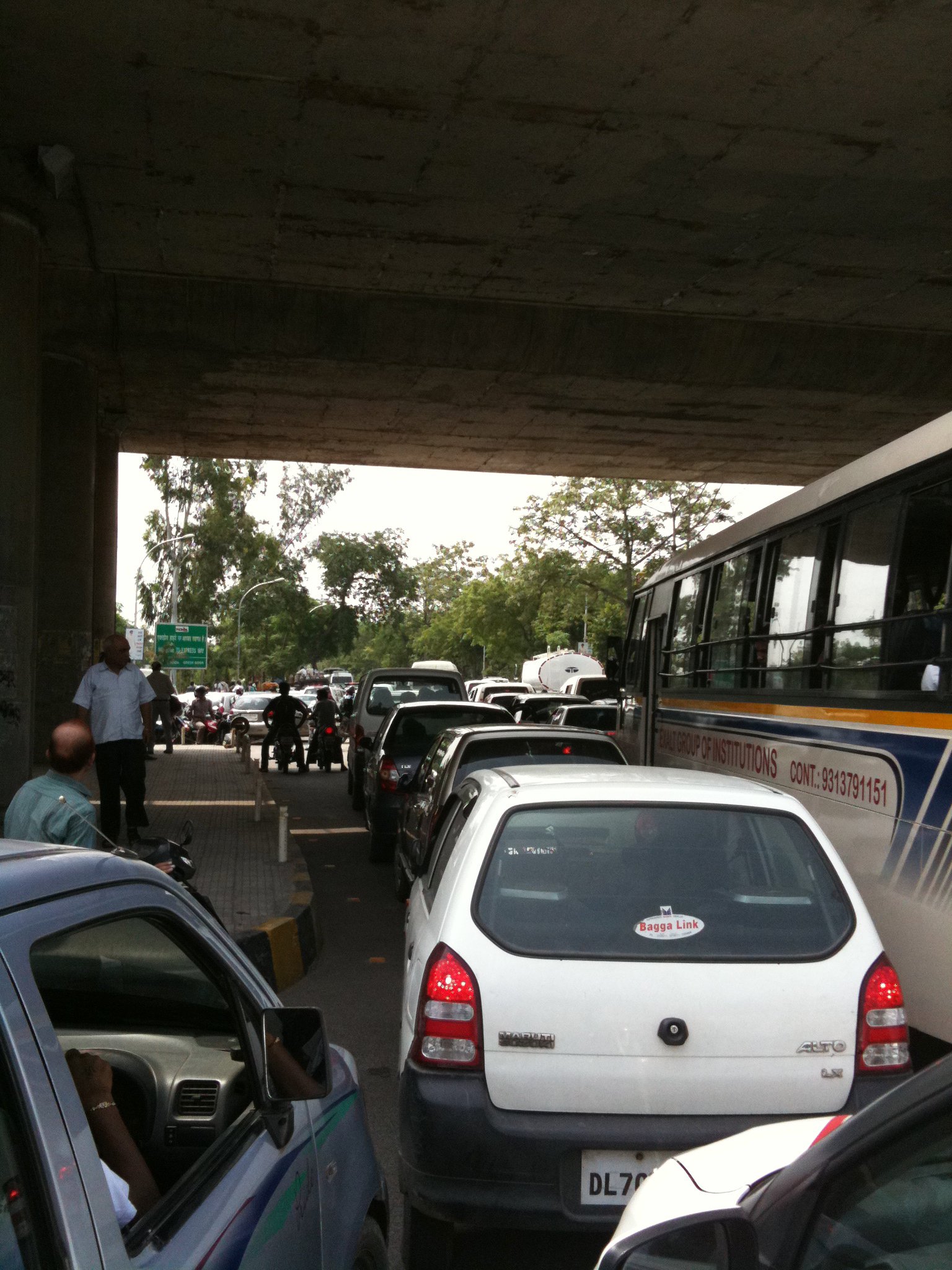Tag: bootstrapped
-

Twelve Years of Indian Startups – Part II
After landing in India, I realized the bureaucracy was going to make it really difficult to get started. I won’t bore you with the details but it took me eight months from the day I landed in India to having all of the required papers in place in order to setup a Private Limited company…
